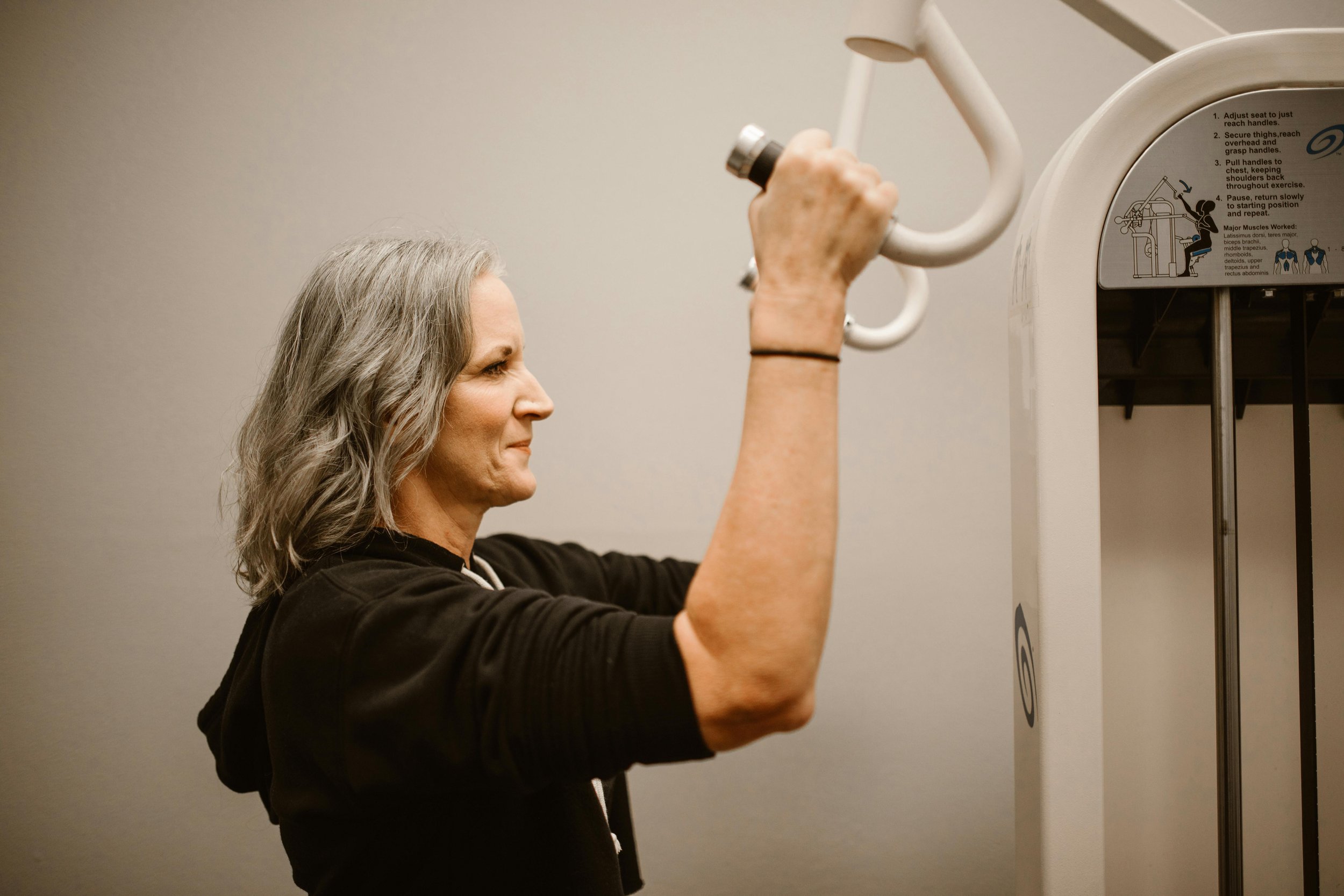What is Menopause? A Functional Medicine Perspective
Menopause is a natural transition, marking the end of a woman’s reproductive years. While it’s often associated with hot flushes and hormonal changes, its impact extends well beyond the reproductive system. Metabolism, heart health, bone strength, cognitive function, and emotional wellbeing are all influenced by this stage of life.
At Evergreen Doctors, we take a functional medicine approach, addressing menopause holistically—considering hormonal balance, metabolic health, and lifestyle factors—to help women manage this phase with clarity and confidence.
What Happens During Menopause?
What is menopause, and what happens during menopause? Menopause officially occurs 12 months after a woman’s last period, usually between ages 45 and 55. However, the transition begins long before, with perimenopause, a stage where oestrogen and progesterone levels fluctuate, leading to early symptoms such as irregular cycles, mood changes, and sleep disturbances.
Menopause is not an abrupt change—it’s a gradual shift that can take years. Many women ask, "When does menopause end?" While the average duration of symptoms ranges from four to eight years, some experience them for over a decade.
This variability is why evidence-based, personalised care is essential for managing symptoms effectively.
Recognising Early Symptoms of Menopause
So, what are the symptoms of the beginning of menopause? Many women start noticing changes long before their periods stop. Some of the most common early signs include:
- Irregular periods—Cycles may become shorter, longer, heavier, or lighter before stopping altogether.
- Hot flushes and night sweats—A sudden, intense heat, often followed by sweating and chills, can disrupt daily life and sleep.
- Mood fluctuations—Hormonal shifts can contribute to anxiety, irritability, or depressive symptoms.
- Fatigue—Persistent exhaustion that doesn’t improve with rest is common. What does menopause fatigue feel like? Many women describe it as a deep, unshakable tiredness.
- Brain fog—Forgetfulness, difficulty concentrating, and mental fatigue can occur due to changing hormone levels.
These menopause symptoms can affect work, relationships, and overall wellbeing, making early intervention valuable.
Menopause Symptoms Beyond the Early Stages
As menopause progresses, symptoms can evolve and intensify. Some women experience weight gain, joint pain, dry skin, reduced libido, and hair thinning. Heart health and bone density also become key concerns, as lower oestrogen levels are linked to increased cardiovascular risk and reduced bone strength.
Many women wonder, "When do menopause symptoms stop?" While hot flushes and night sweats typically decline within two to five years, metabolic and hormonal shifts continue long after menopause is officially reached. Vaginal dryness, cholesterol changes, and persistent fatigue may require ongoing management.

A Functional Medicine Approach to Managing Menopause
Functional medicine looks beyond symptoms to address the underlying causes of discomfort and hormonal imbalance. The goal is not just symptom relief but optimising long-term health through personalised, evidence-based strategies.
Hormone Testing and Personalised Care
Not all menopause journeys are the same. Some women transition smoothly, while others experience severe symptoms. Comprehensive hormone testing helps identify individual needs and informs targeted treatment options, such as:
- Bioidentical hormone therapy (BHRT)—For women experiencing significant discomfort, individualised HRT may be beneficial, reducing symptoms like hot flushes, sleep disturbances, and mood swings.
- Nutritional interventions—Diet plays a major role in balancing blood sugar, supporting metabolism, and improving cognitive function. Phytoestrogen-rich foods (e.g., flaxseeds, soy, and legumes) can help support hormone levels naturally.

Lifestyle Adjustments for Symptom Relief
Daily habits significantly influence how the body adapts to menopause. Research suggests that physical activity, stress management, and sleep quality play critical roles in hormone regulation and overall wellbeing.
- Regular exercise—Weight-bearing exercises like strength training and walking help maintain bone density, while cardiovascular exercise supports heart health and weight management.
- Quality sleep—Establishing consistent sleep routines, reducing screen time before bed, and managing night sweats can improve sleep quality and energy levels.
- Stress management—High cortisol levels from chronic stress can worsen menopause symptoms, making relaxation techniques such as mindfulness, meditation, and deep breathing exercises valuable tools.
At Evergreen Doctors, our menopause treatment in Sydney focuses on individualised plans, integrating medical, nutritional, and lifestyle interventions to support long-term health.
When to Seek Medical Support for Menopause
While menopause is a natural transition, persistent or severe symptoms may indicate underlying health concerns. Seek medical support if:
- Symptoms severely impact daily life
- Menstrual bleeding becomes unusually heavy or prolonged
- Menopause symptoms appear before age 45
- There are concerns about bone health, heart disease, or ongoing fatigue
At Evergreen Doctors, we take an evidence-based approach to menopause care, ensuring women receive comprehensive, personalised support through every stage of the transition.
Thriving Through Menopause
Menopause is not just about symptoms—it’s an opportunity to prioritise long-term health. While some changes are unavoidable, targeted medical support, nutritional adjustments, and lifestyle changes can significantly improve the quality of life during and after menopause.
For expert guidance and more information about what happens during menopause, our team at Evergreen Doctors can provide personalised menopause care, helping women maintain vitality and wellbeing beyond menopause.
